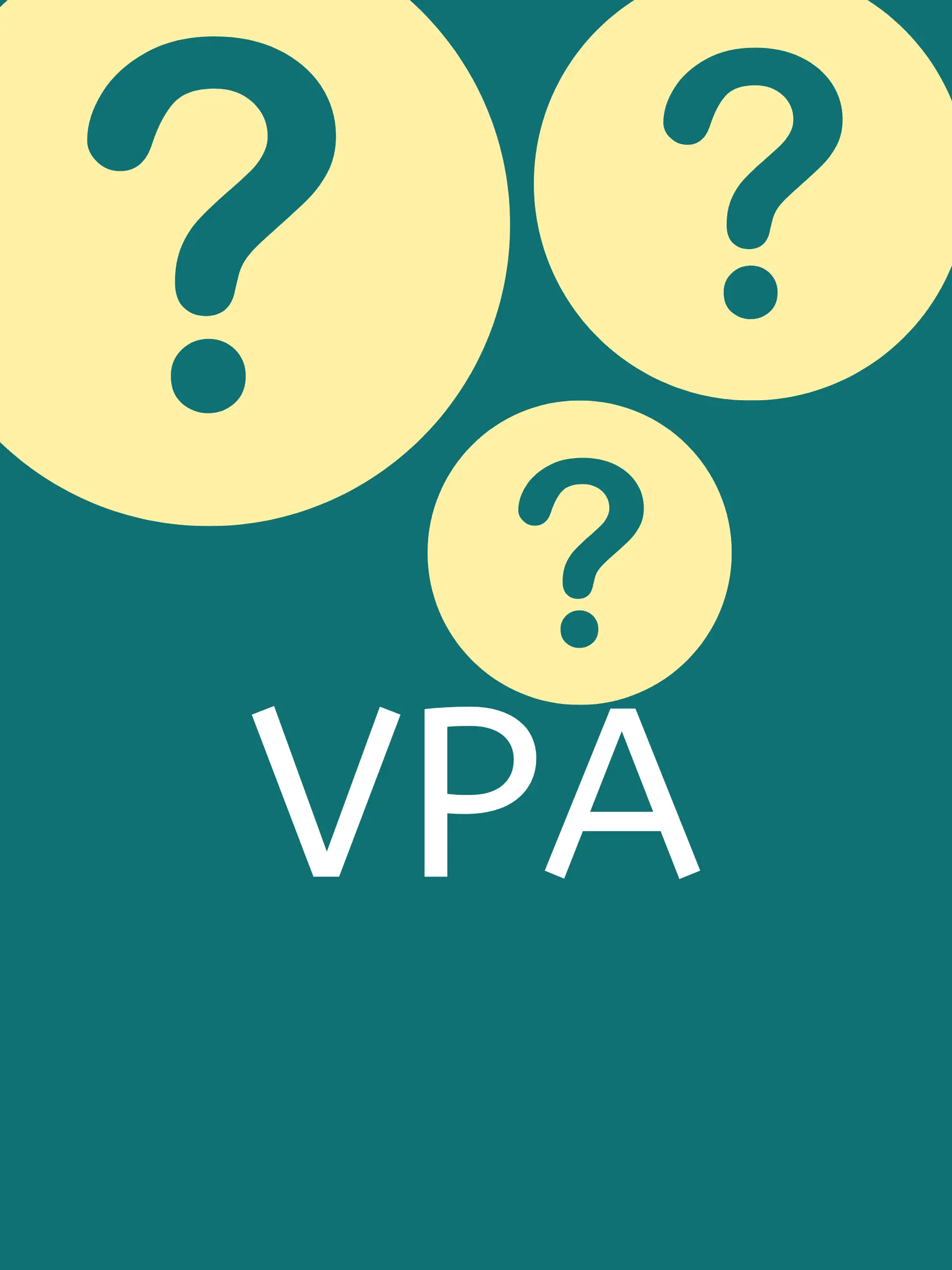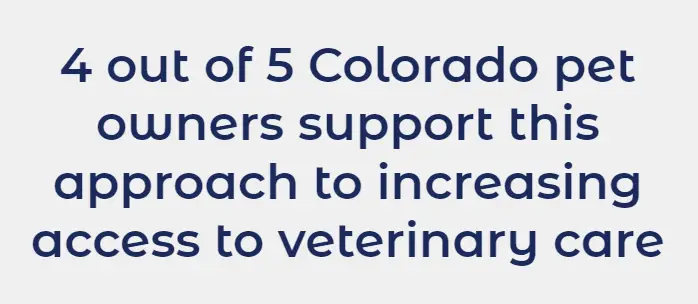What is a Veterinary Professional Associate?

The role of veterinary professional associate (VPA) might offer one possible solution to problems with access to veterinary care for pets. What is a veterinary professional associate? Let’s take a look.
I’ll preface all this by saying that by far the best ongoing medical care I ever received came from a nurse practitioner (NP) — not a physician assistant (PA) and not a primary care / family practice doctor (MD). This started many, many years ago. Once she up and left the practice, I’ve never recreated the experience.
So even though most conversations about veterinary professional associates put them more in a PA role rather than NP, I remain hopeful about a future in veterinary medicine where VPAs might help pets get easier (and maybe even more affordable) access to veterinary care.
Veterinary Professional Associate, What Is That?
More than a nurse (or veterinary technician) but not a veterinarian
So, basically, a VPA would be something called a “mid-level provider” in the veterinary world. From my work in higher education, writing about many advanced degree nursing programs such as a Doctor of Nursing Practice (DNP) … which is a PhD-level degree for nurse practitioners … the idea of establishing a new role in veterinary medicine makes a lot of sense to me. Nursing education is much more patient-focused than the way a doctor’s education gets done.
In many veterinary practices now, you already can make a “technician appointment” for things like:
- Suture removal
- Simple illness or injury recheck appointments
- Some vaccinations or routine lab tests
Yet with SO many veterinary technicians fleeing the profession for reasons that include total burnout, not being used to their full potential, and ridiculously low salaries/wages despite their level of education + experience + areas of major responsibility for pets’ care.
Maybe being able to advance into a job like veterinary professional associate might give veterinary technicians a new incentive to stay and do more.
I can see, for example, being able to get a VPA appointment for things like suspected ear infections or UTIs or new limping. Ideally, this would free up DVMs to handle bigger injuries and illnesses.
A recent survey of 556 Colorado pet owners done by the Vet Care Coalition found that a lot of people (4 out of 5) in my home state agree that expanding the alliance of people providing pet care could include:
- A path for roles as credentialed veterinary professional associates
- Codifying veterinary telehealth services as ethical and appropriate for certain situations
- Expanding the role of credentialed veterinary technician specialists (VTS) with new options for additional training, education, and credentials
And, Yet … A Lot Needs to Happen Before Veterinary Professional Associates Become a Reality
Well, the credential for a veterinary professional associate could be something like a master’s degree program, where the VPA works “under the supervision” of a DVM to do things, including routine surgeries.
That means we need:
- Schools to create, accredit, staff, and implement such degree programs, including recruiting students
- People to complete those programs once created
- Ways to help people pay for / afford such programs
- State veterinary practice acts to recognize, define, and approve the roles of veterinary professional associates
None of that happens quickly. So, while it is a viable idea, don’t expect veterinary professional associates to exist anytime soon to address issues like veterinary care shortages and long wait times or limited veterinary access, especially to those in certain demographics.

